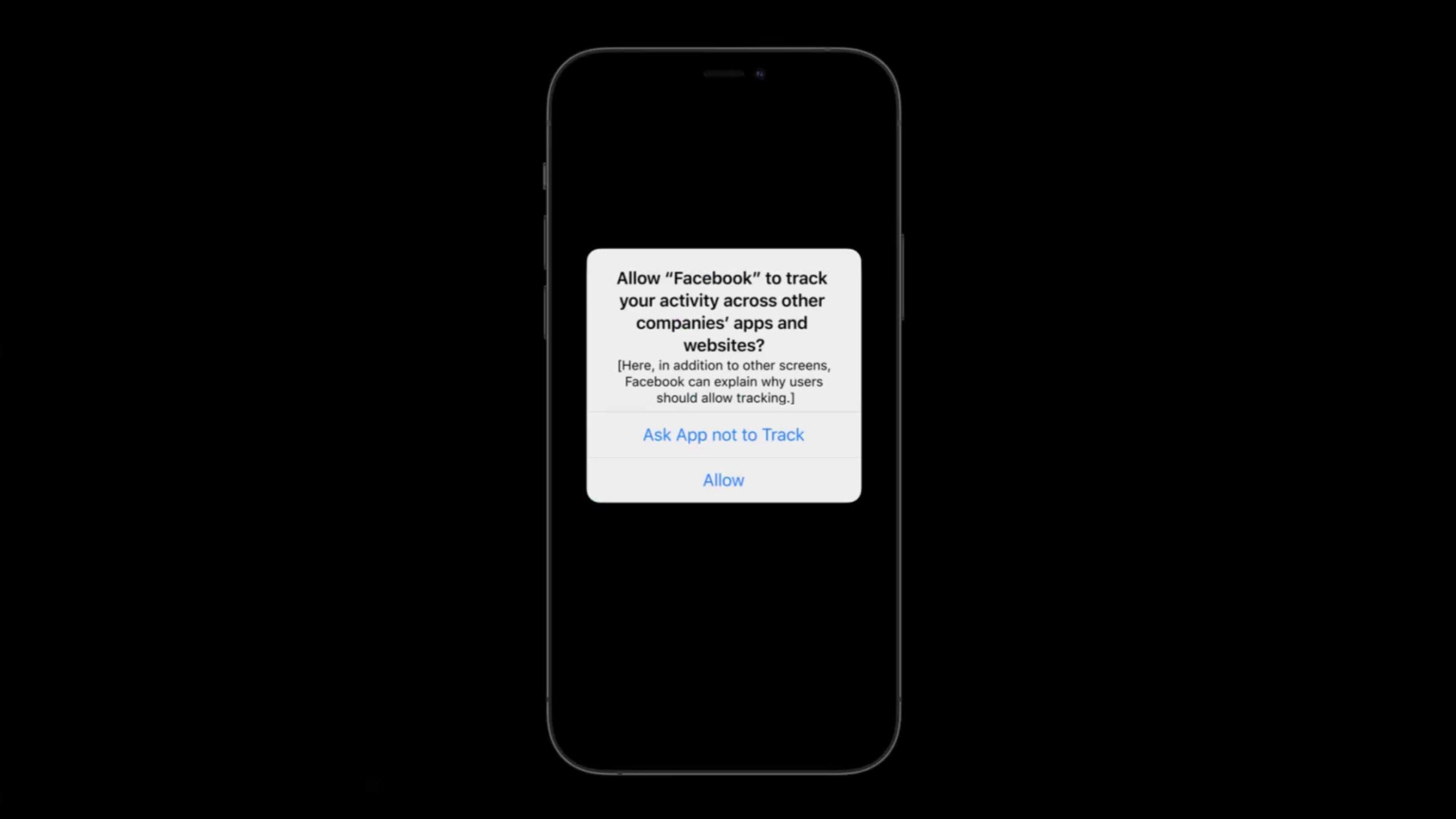Privacy
July 15th, 2021 · 4 minute read
You are being watched. Companies and services are monitoring and recording your online privacy.

Any time you open a website or app you’ll likely encounter hundreds of popups that ask if they can track you, store cookies, or accept their privacy policies. These services are rarely transparent about what data they collect or how they use it, and when they do share what they track, they only do it to abide by regulations set by other countries. Large ad networks such as Google Adsense and Facebook’s Audience network allow Google, Facebook, and other companies to track you across multiple different websites. Your IP, location, demographics, and website history are just some of the things that these services track.

Even your email is not private. Nowadays, many email marketers place hidden images in the mails they send you to track you. These hidden images are called “tracking pixels” and are a large invasion of your privacy since they can reveal if you opened the email, when you opened the email, and where you opened the email.
Now you might say, “Privacy? I don’t have anything to hide!”. Saying you don’t need privacy implies that you literally have nothing to hide. You don’t need to hide your passwords, your health records, or your financial history. If you have nothing to hide, why do you bother closing the blinds or curtains on your window, why do you bother to lock your car, and why do you bother to lock your house’s door at night.

There are things we can do to protect our privacy such as switching to services which value privacy over revenue, using ads and tracker blockers that prevent you from being tracked, and being more mindful about what you choose to share with services that you use.
Privacy is a fundamental human right that every human deserves to have, whether that be in real life or online.